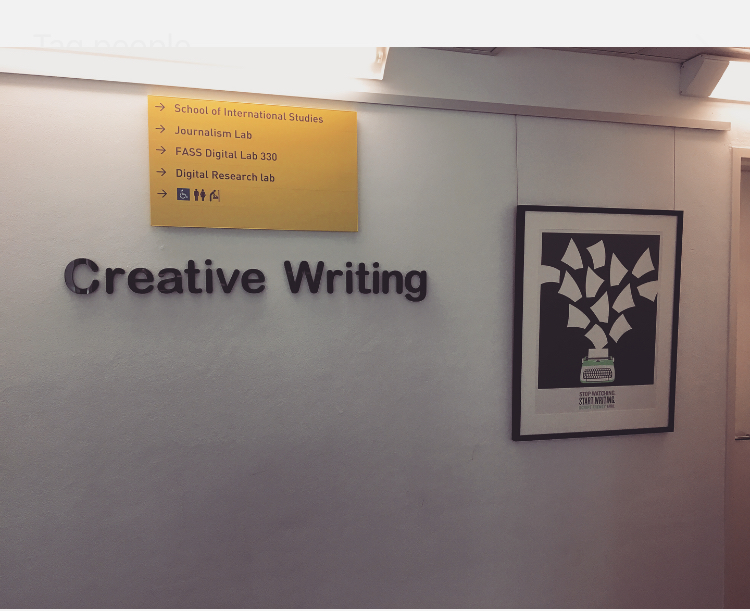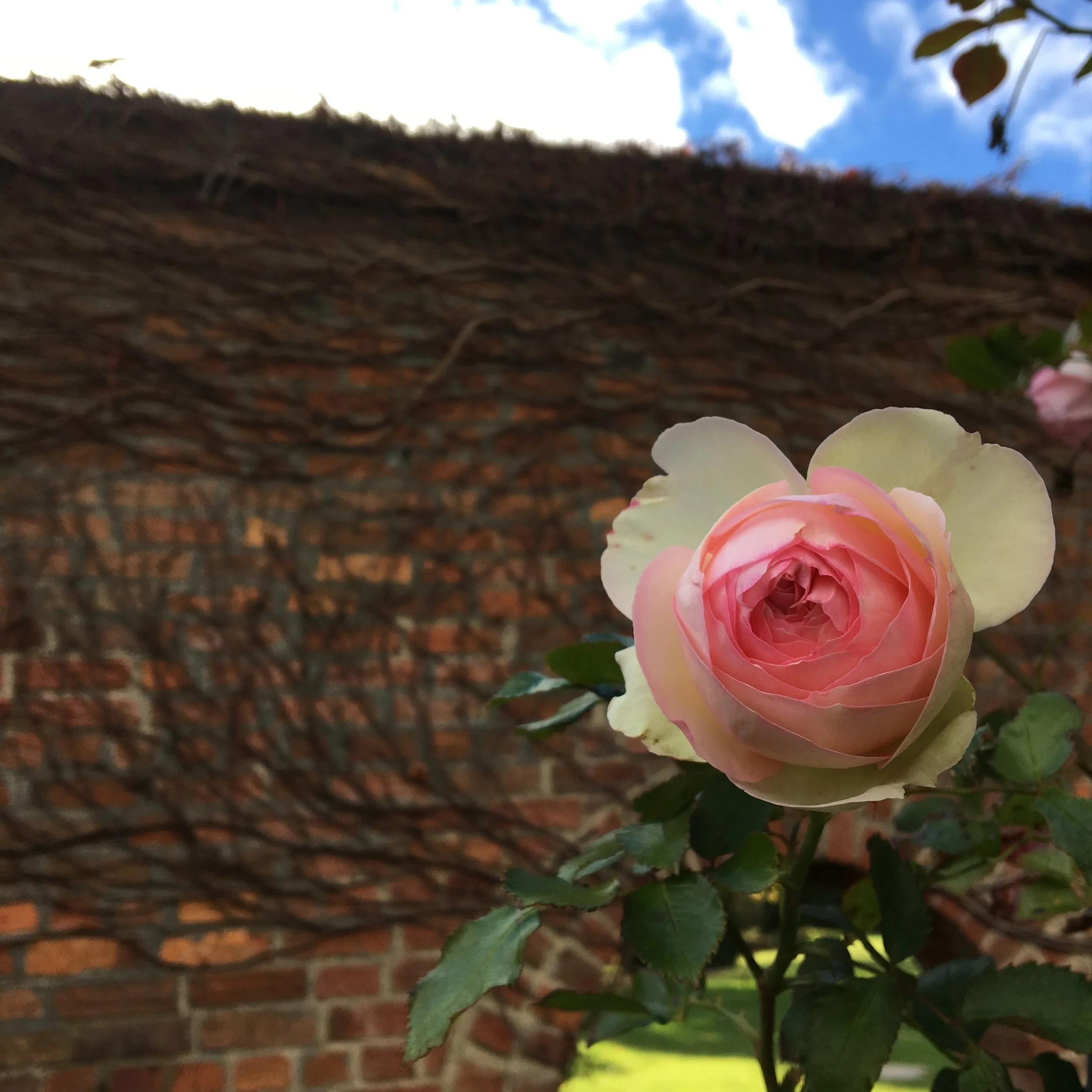Virginia Trioli and Caroline Jones, speakers at the event. Image credit
Women in Media (WiM) Australia is a nationwide initiative for women working in all facets of the media – from journalists, creatives and media advisors to those working in public relations and corporate affairs. Their mission is simple but profound: to improve the working lives of women in media by addressing fundamental inequalities in the sector - in pay, conditions and opportunities - and to empower women to achieve their professional goals.
WiM now has chapters in every state and territory of Australia, with the launch of the Tasmanian chapter at the world-renowned Museum of Old and New Art (MONA) in Hobart a few Sundays ago making the initiative truly national. I was delighted and honoured to attend the launch as the guest of the Launceston Freelance Festival and spent a wonderful afternoon meeting new people, making some valuable connections and being truly inspired by some of the stories shared.
At a time when media freedom feels very shaky, it was a balm to be in a room bustling with energetic, passionate people who believe in the incredible power of storytelling, and the obligations we have to those who trust us with their stories to be brave and back ourselves.
The full room was testament to the generous spirit on which WiM was founded, supporting the wellbeing and advancement of women. “When I started in journalism, there was nothing like this. Women doing my job were very rare,” said Dr Caroline Jones, distinguished broadcaster, who gave the opening address. Caroline is probably best known for being the first woman to anchor the current affairs program Four Corners as well as presenting on ABC Radio National for many years. She is also one of my personal heroes!
Dr Caroline Jones
“In my early years I would have loved a women in media group to belong to - to learn how to cope with information overload, how to stand my ground, how to avoid the dreaded imposter syndrome,” said Caroline as many heads nodded around the room.
And then there was the incredible Virginia Trioli, formerly of News Breakfast on the ABC and now host of Mornings of ABC Radio Melbourne, who gave a blistering, moving and powerful keynote address, sharing her experiences of being a ‘difficult’ woman in a very difficult industry. She spoke about the #metoo movement (“we keep men’s secrets, and we do it without even thinking”), about the need for support networks (or rather, escape hatches and safe rooms, as she put it) for women in journalism so it can be easier to stand up for ourselves when we have to, and about the need for truth in our stories, “even if it points out realities that might make you unpopular.”
Virginia Trioli
I loved her honesty and courage and hung on every word (and live tweeted). “If we’re here for one thing it’s surely to be brave,” she concluded. “With others and with ourselves. In the end we can only ever make the calls we do, back ourselves and be brave...we have to be authentic and candid and let the cards fall where they may.”
Virginia Trioli’s wonderful speech was followed by a Q&A with her and Caroline Jones, and then we watched a wonderful short film from the ‘Women of the Island’ series by director Rebecca Thomson. “Everywhere you look, there is a woman with an interesting story,” Thomson said. So very true! Participating in this day really fired me up about storytelling and getting back into my own work, telling the stories I want to tell about the lives of women I’ve met through research, imagination, chance and circumstance.
The Tasmanian Women in Media committee getting some well-deserved applause!
It was a magnificent day - a testament to the power, talent and generosity of women in media - where I met so many interesting people and made lots of valuable connections. I even got to shake the hands of the two speakers and tell them how much their work and shining courageous examples have meant to me. “Just be yourself,” was Virginia’s Trioli’s parting advice to me as she left. Words I strive to remember every day, in my work and in life.
I can’t wait to see what the Tasmanian chapter of Women in Media does next!
I attended the day as the guest of the Launceston Freelance Festival and very much appreciate their support!
This weekend, Women in Media are holding their national conference at Bond University in Queensland.









